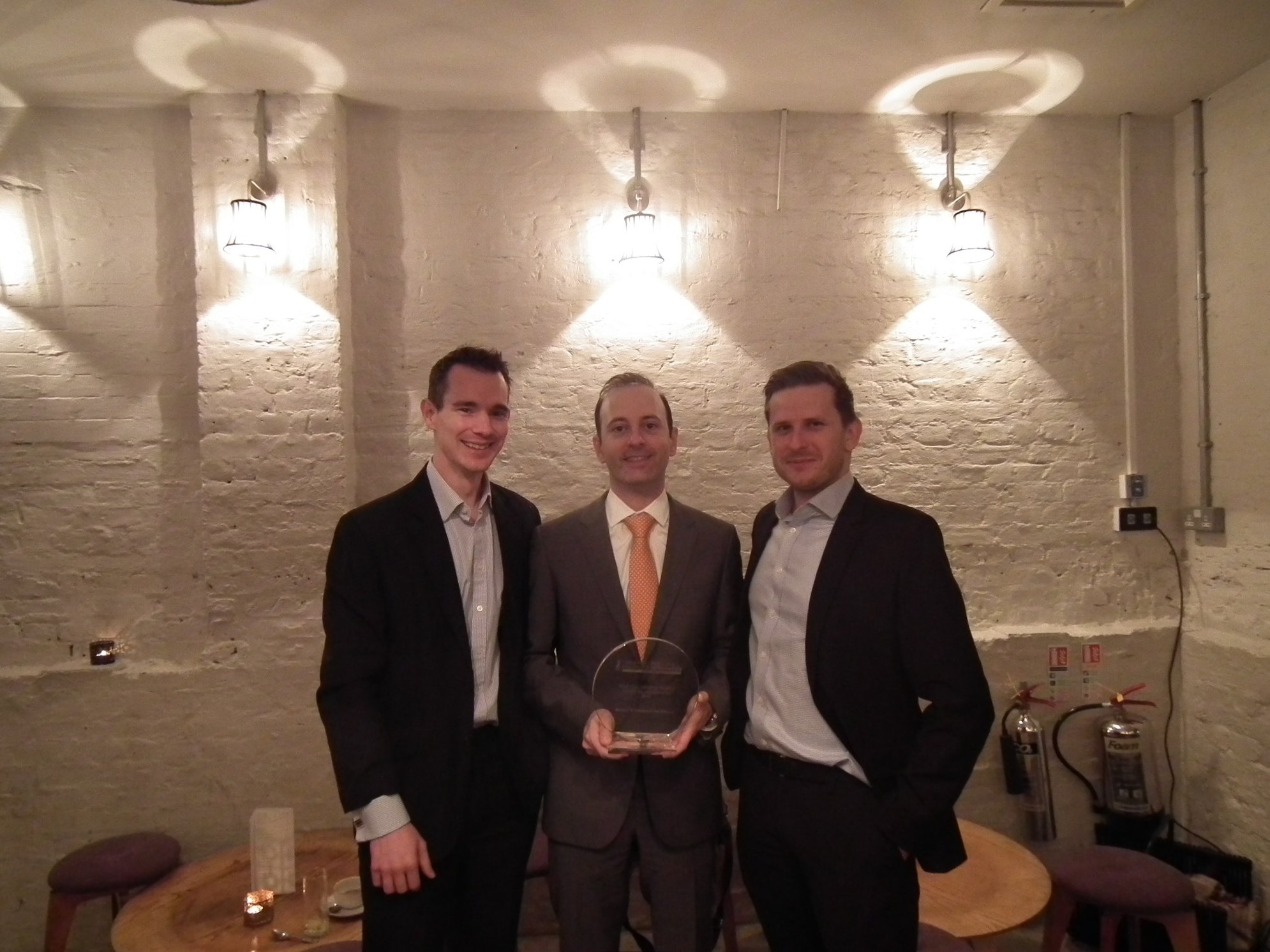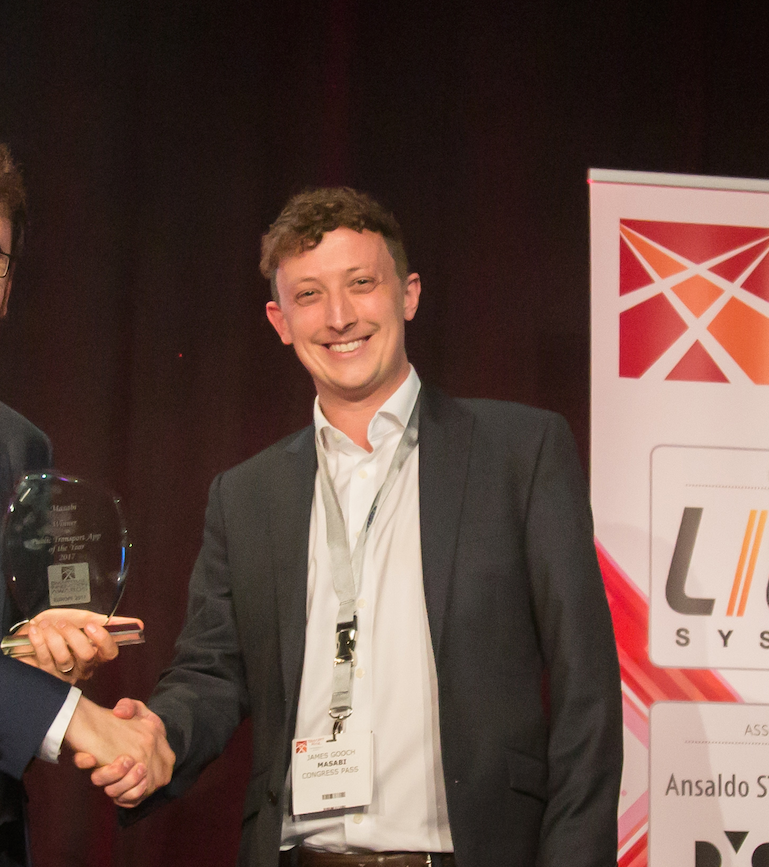The inaugural Transport and Smart City Leaders Breakfast took place last week in London. The event was chaired by Baroness Tessa Jowell and Jonnie Goodwin, Founder of Lepe Partners and brought together leaders from transport, payments and city-government, including representatives from the Netherlands, Sweden, Israel, London and Athens to discuss how technology can help improve transportation creating smarter, more connected, cities.
The breakfast began with Tessa Jowell noting that as the world’s population expands and with the increased trend towards urbanisation, cities are looking for new ways to manage the demand and increased pressure on transport infrastructure. She explained that transport is the lifeblood of a city and good transport links facilitate economic vibrancy and development.
There followed a wide ranging discussion, including how if cities are to tackle the pressure of growth successfully then partnerships between private companies and public organisations are going to be key. In addition, strong leadership, as demonstrated in Athens where mobile ticketing was able to be deployed despite difficult economic circumstances, is needed to help our urban areas prosper and often the cost of not making a decision can have a huge negative impact on a city's future.
At the breakfast Gregory Dimitriadis, former CEO of Transport for Athens (OASA Group), talked about his time in charge at TfA and how he made two crucially important decisions. The first was allowing TfA data to be made publically available for free - allowing the development of innovative services to use this data to help improve urban life. The second was to introduce mobile ticketing. Together Masabi, Transport for Athens and MasterCard delivered city-wide multimodal mobile ticketing across Athens during Gregory’s tenure.
(The Transport for Athens Mobile Ticketing deployment won The Most Successful Mobile Ticketing Programme 2016 at the Transport Ticketing and Passenger Information Global Awards. Matt Blanks VP of MasterCard Enterprise Partnerships- Left, Gregory Dimitriadis former CEO of Transport for Athens- Centre, Josh Nicklin Head of Business Development EMEA Masabi- Right.)
Previously transport ticketing in Athens had been wholly based on cash. This was the first digital ticketing platform mitigating the need to search for a place to buy a ticket to get on a bus or to queue up at a metro station to buy a ticket. The result was a much simpler and less time consuming transport experience for both citizens and tourists moving around the city.
Commenting on the project Gregory said:
“Introducing mobile ticketing in Athens, a European capital carrying 1 million unique passengers a day amidst deep nation-wide financial recession with a multi-modal urban transport network that relied exclusively on paper tickets and cash payments, could have been a near-impossible challenge. However, thanks to Masabi, their partners MasterCard and the TfA team, Athens was able to offer its citizens and visitors an easy-to-use, secure and innovative solution within just 10 months since our first discussion.”
The discussion then moved beyond ticketing to discuss the wider ecosystem of apps and services being developed to help people move around cities, with each one significantly enhancing the niche they are designed for, be it parking, bike share or route planning.
The group agreed that the next step in the development of Smart City transport networks is to create an ecosystem of apps for seamless, frictionless, door-to-door journeys. By utilising a common set of free APIs, data and standards it is possible for various related applications to interact allowing the user to surf between services in the same way they would on the web. The result is stress free, frictionless travel using the smartphone.
Conclusion
It was acknowledged that tackling the demands of an increasingly urbanised and growing population does not have a simple answer. However, the cities that succeed will be the ones who foster close collaboration between public and private organisations with strong leadership enacting a clear strategy. The result being the development of an ecosystem of apps enabling people to move seamlessly around urban areas.
The attendees agreed that transport is the lifeblood of the city and by working together transport providers, city leaders, payment providers and technology innovators can help create smarter, more connected cities.
As mentioned during the event: “An advanced city is not a place where the poor move about in cars, rather it's where even the rich use public transportation.” Paraphrased quote from Enrique Penalosa, former Mayor of Bogotá, Colombia.
If you would be interested in attending future Transport and Smart City Leaders Meetings please contact us at james.gooch@masabi.com

